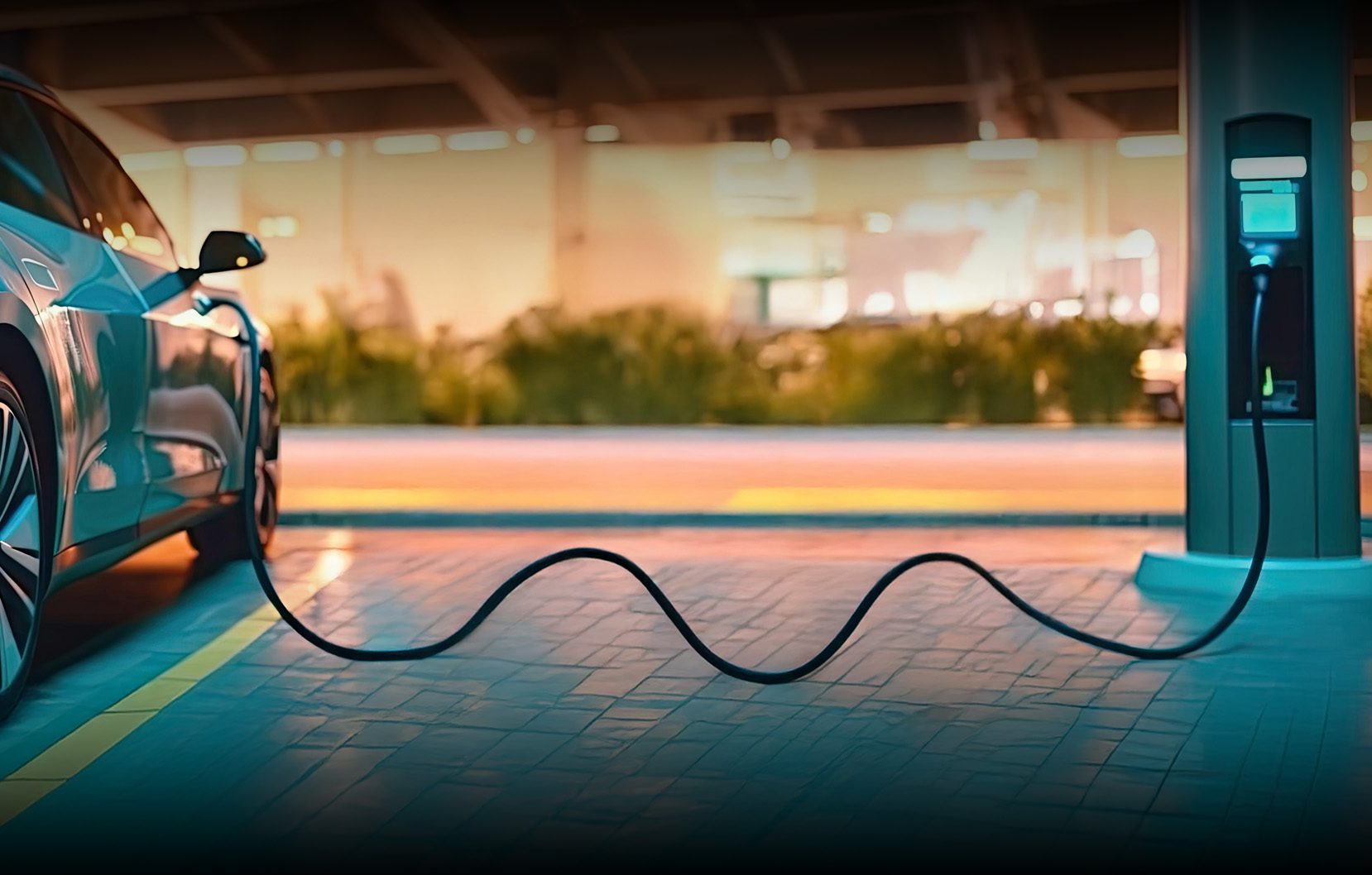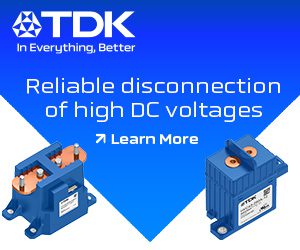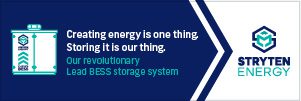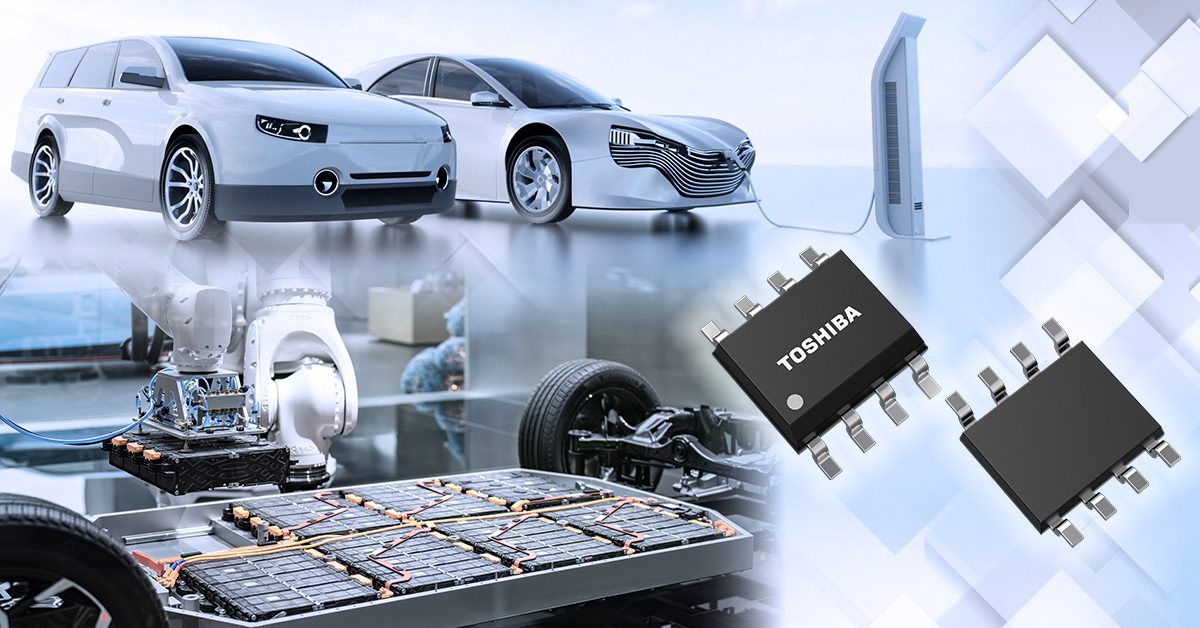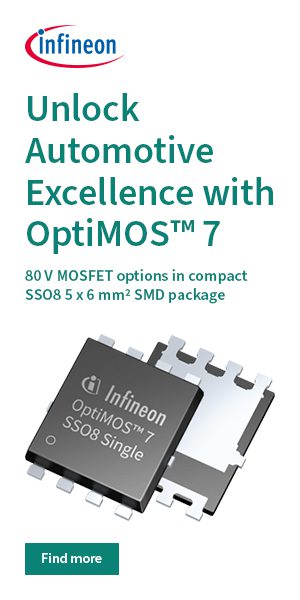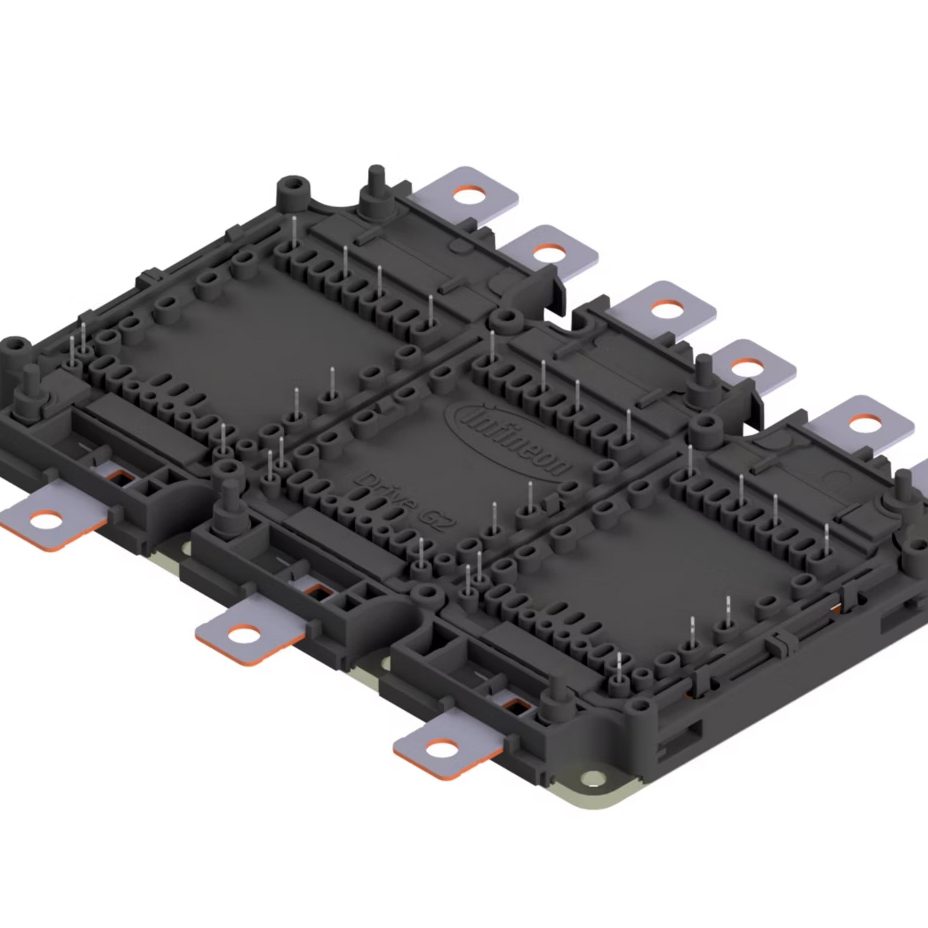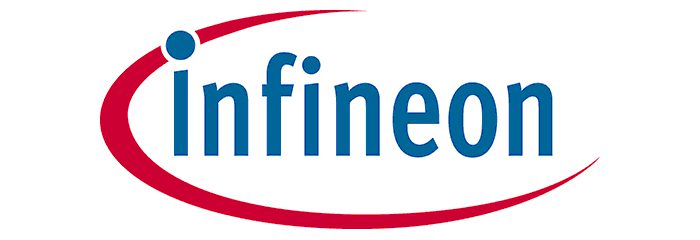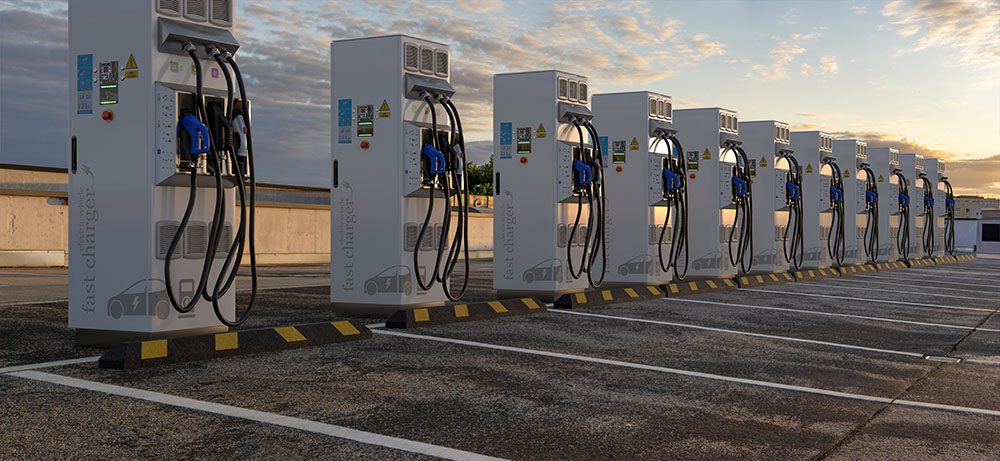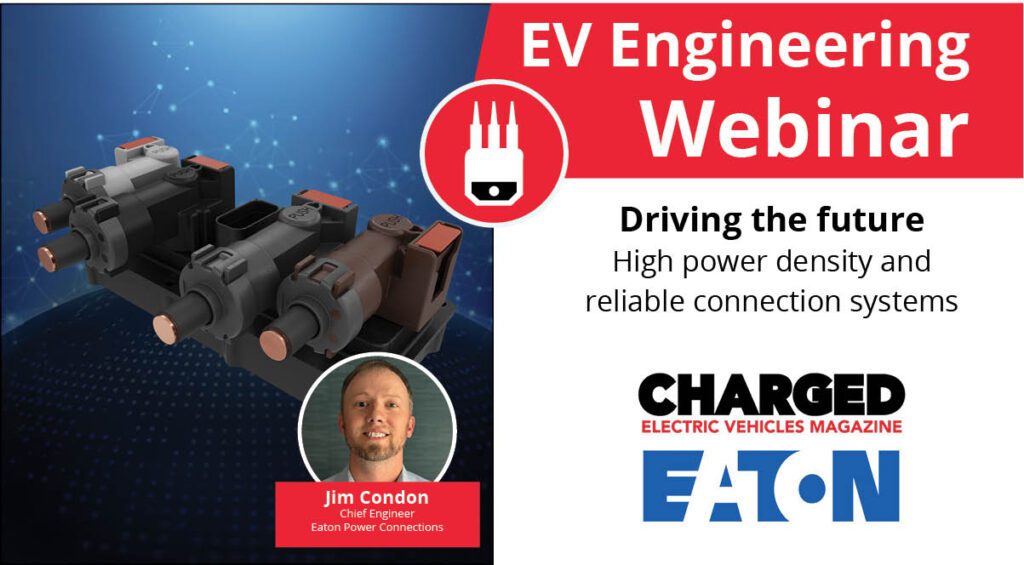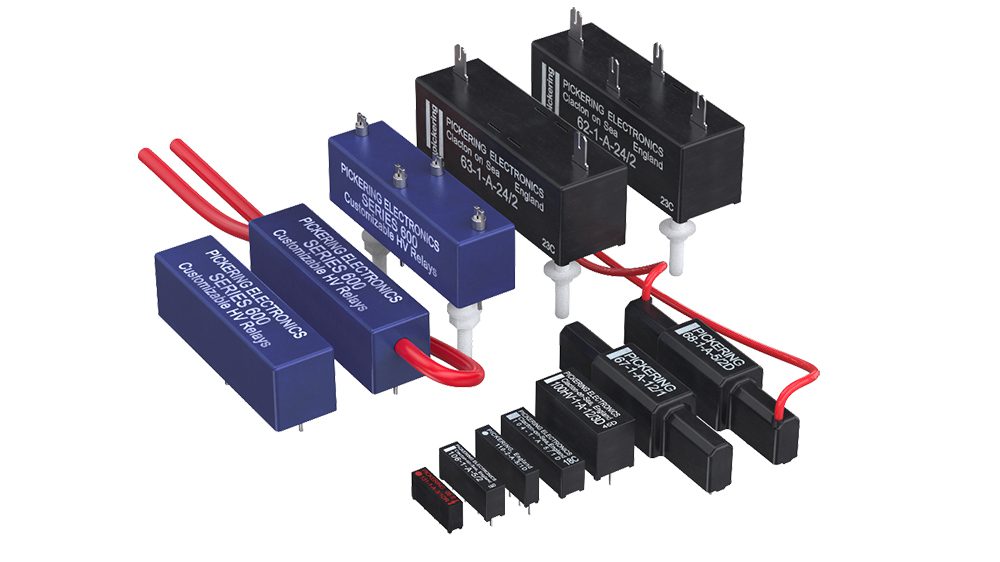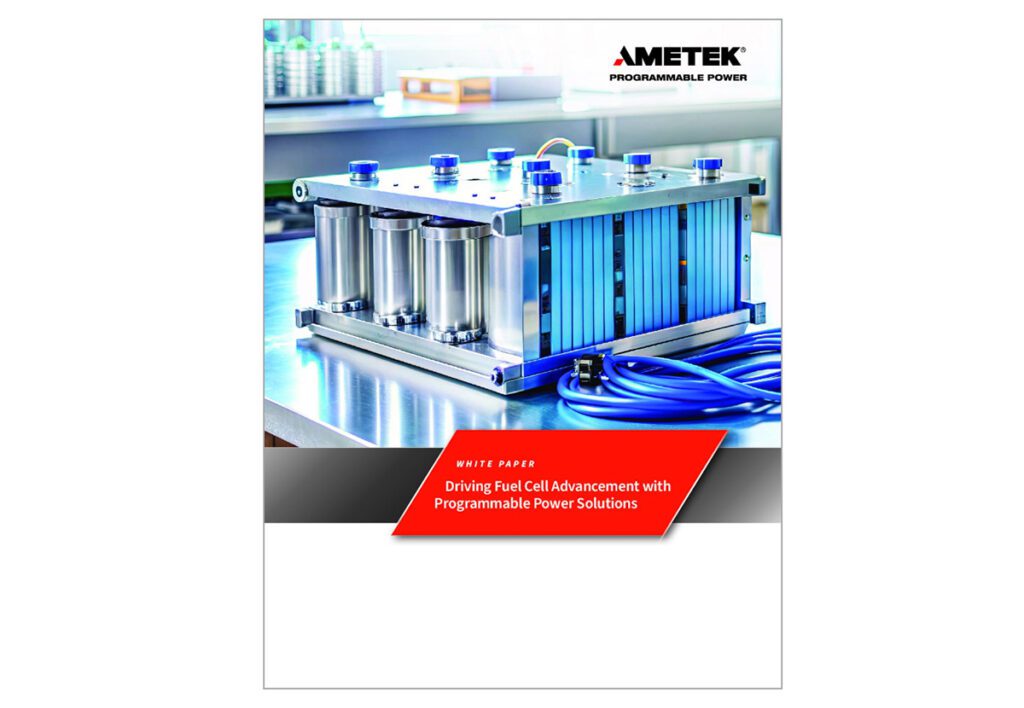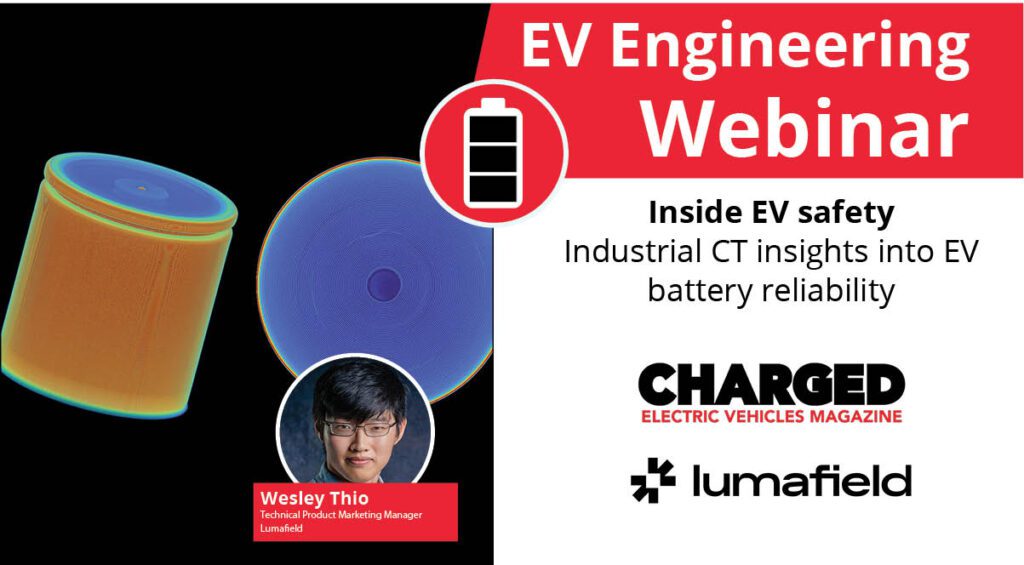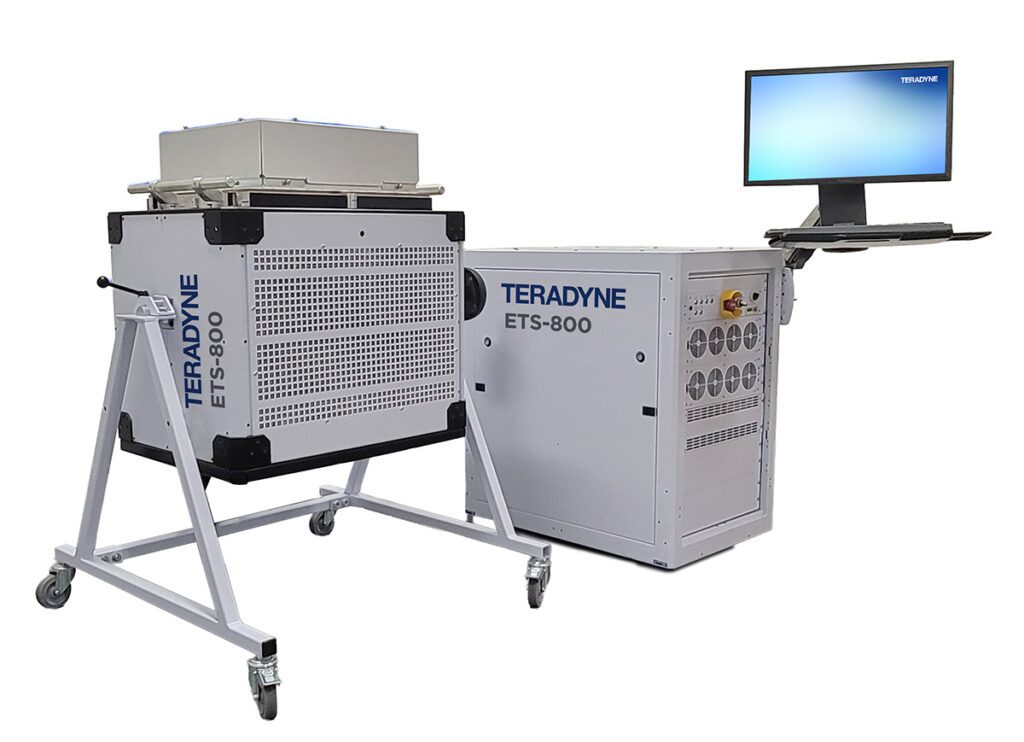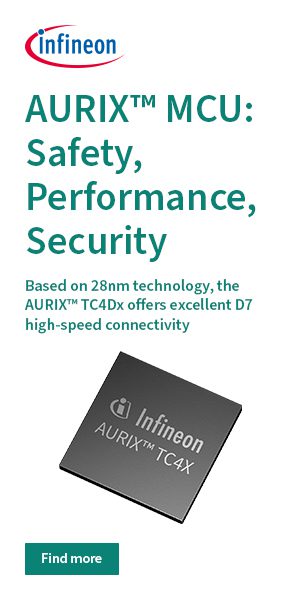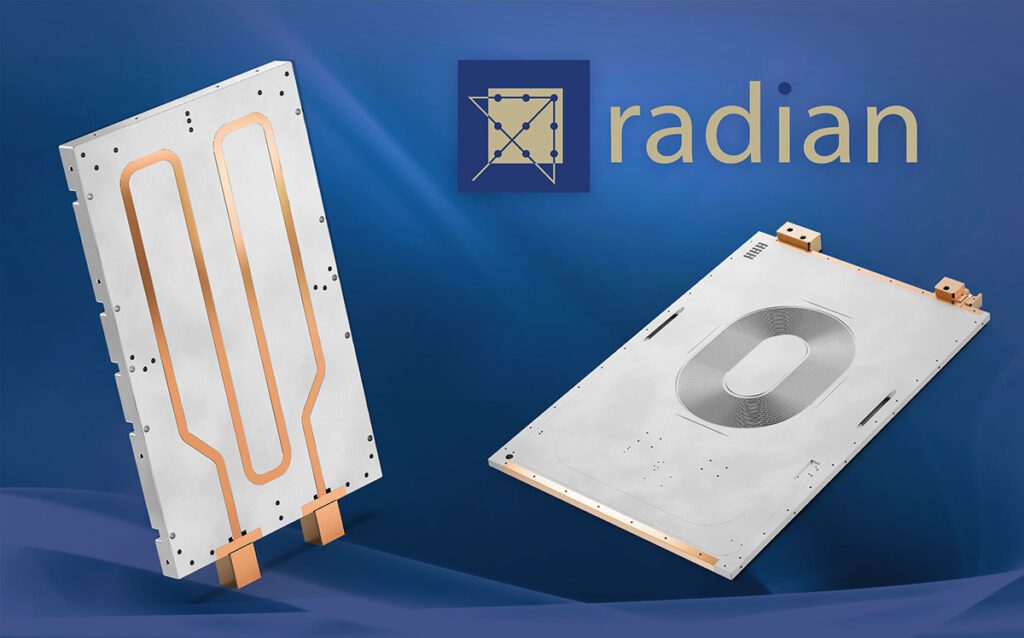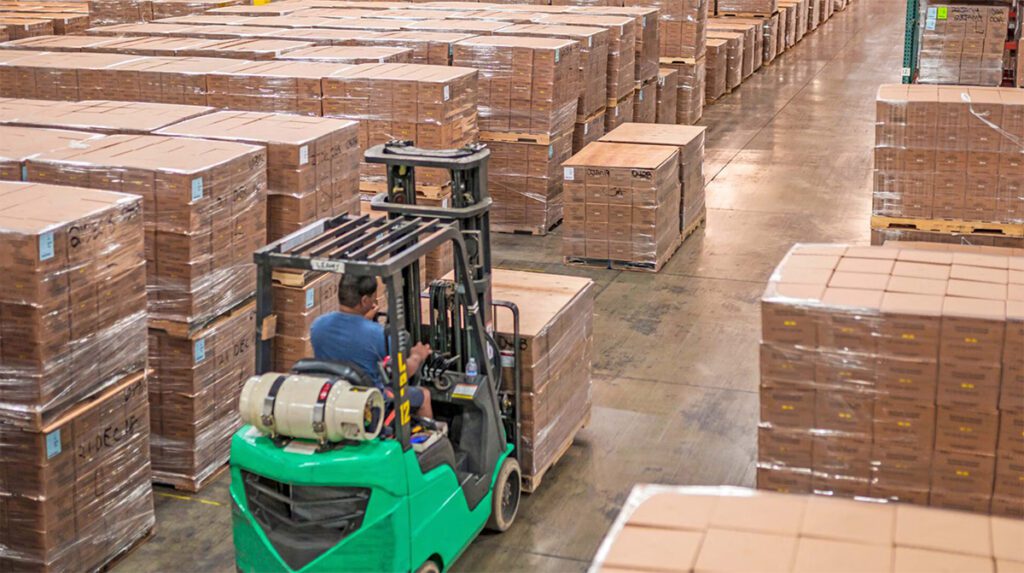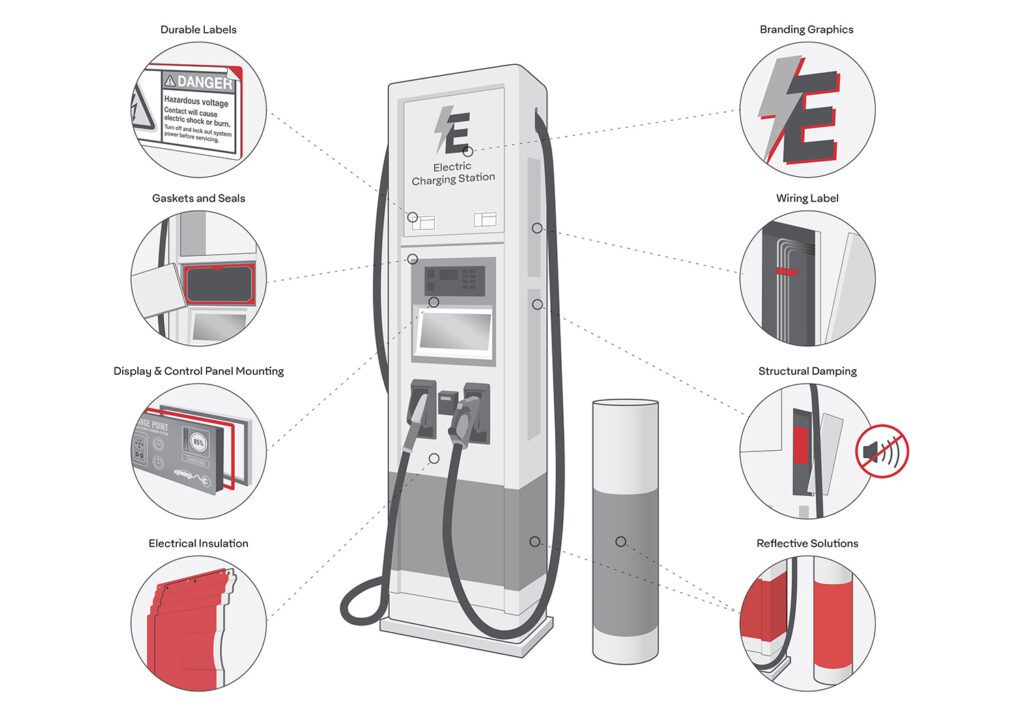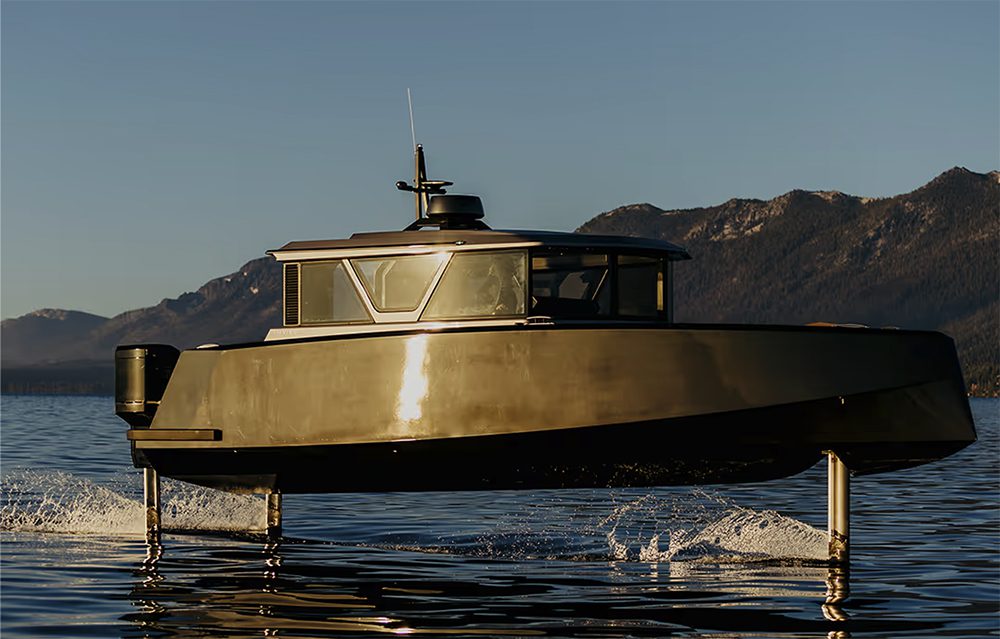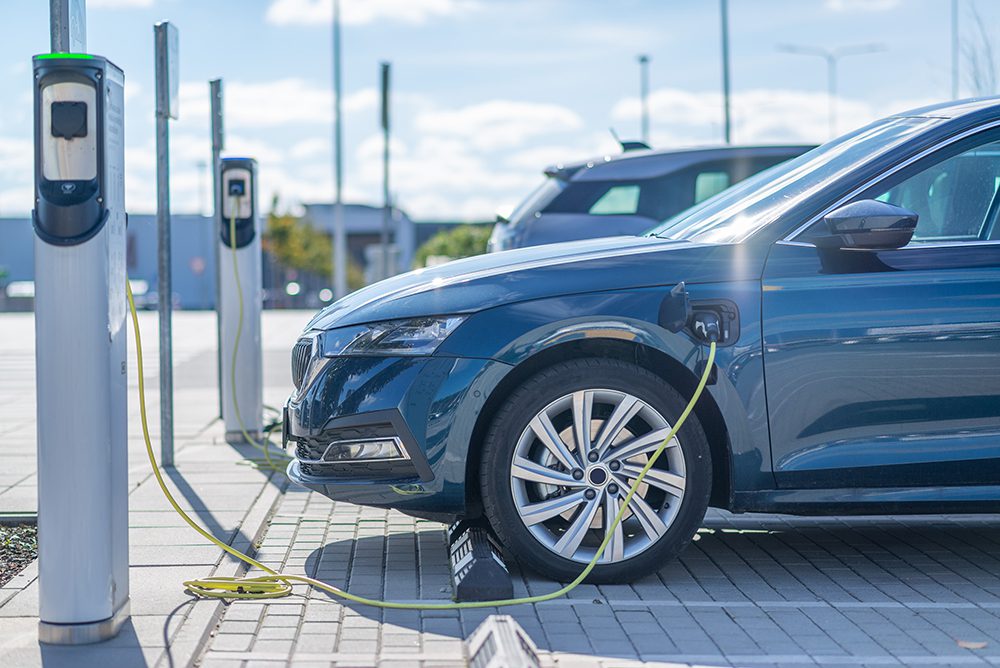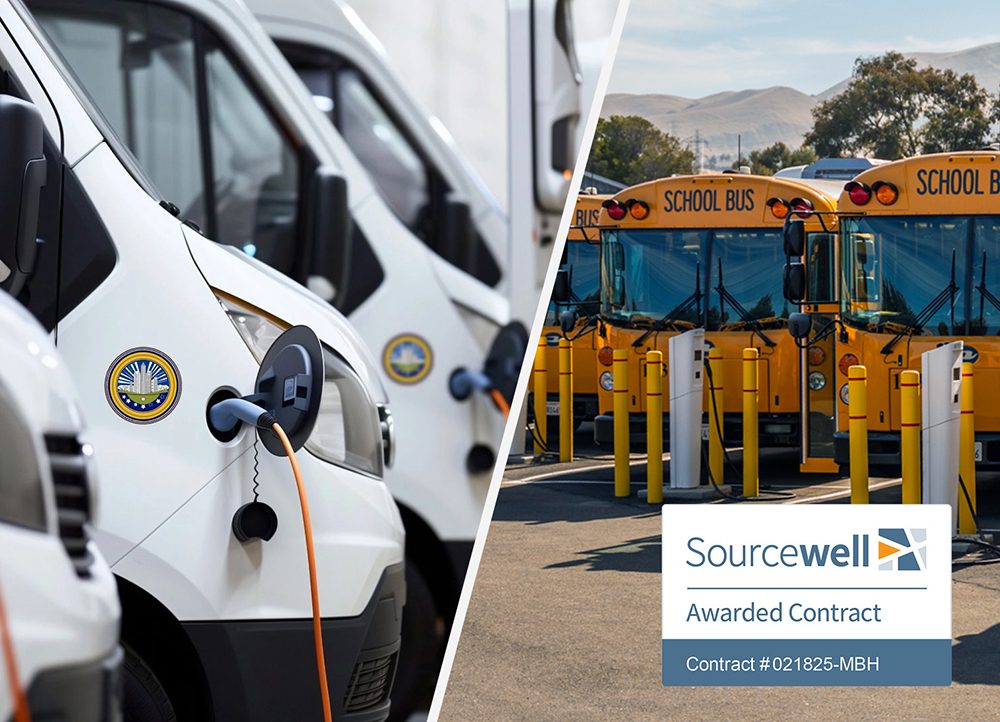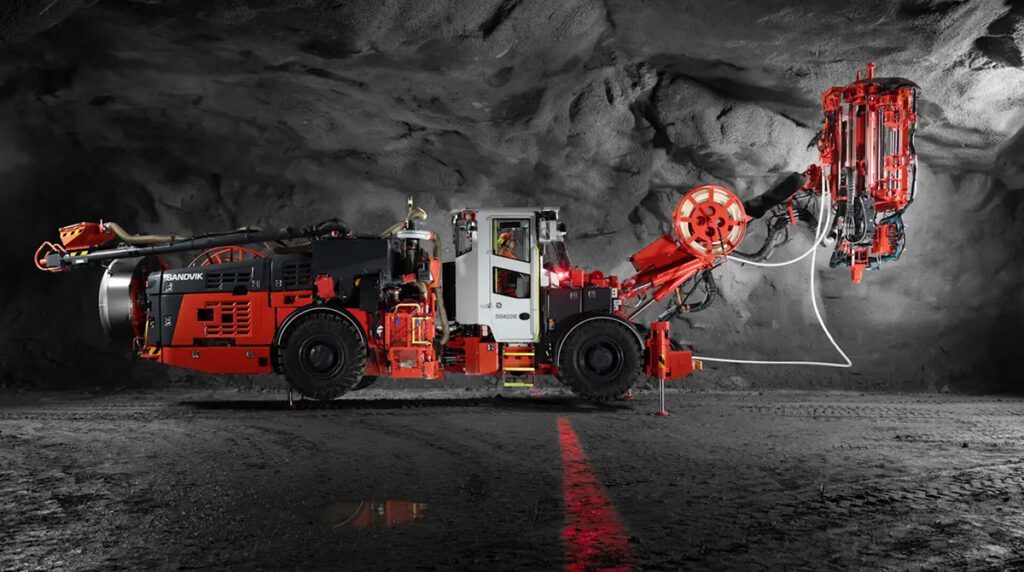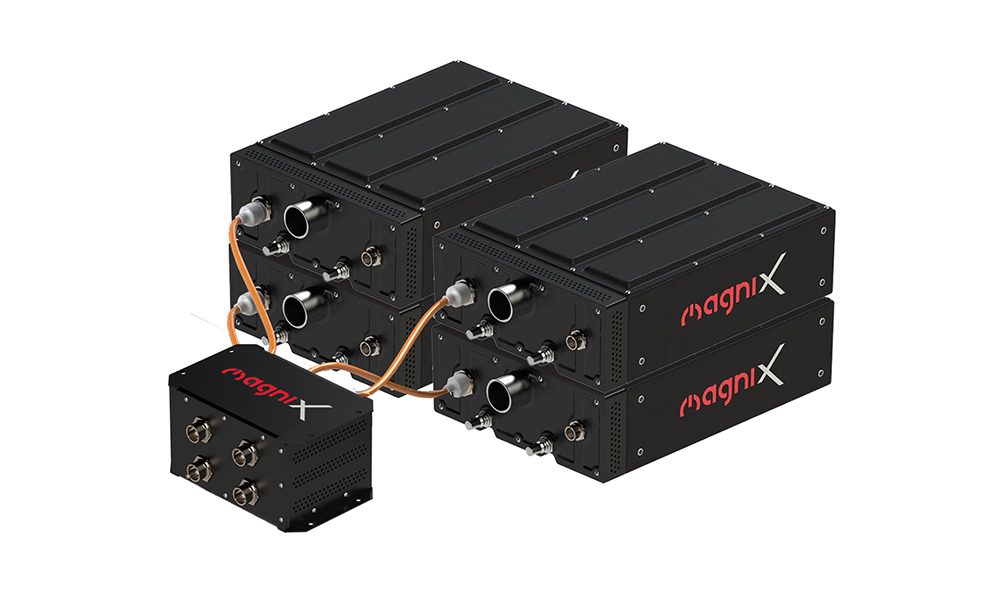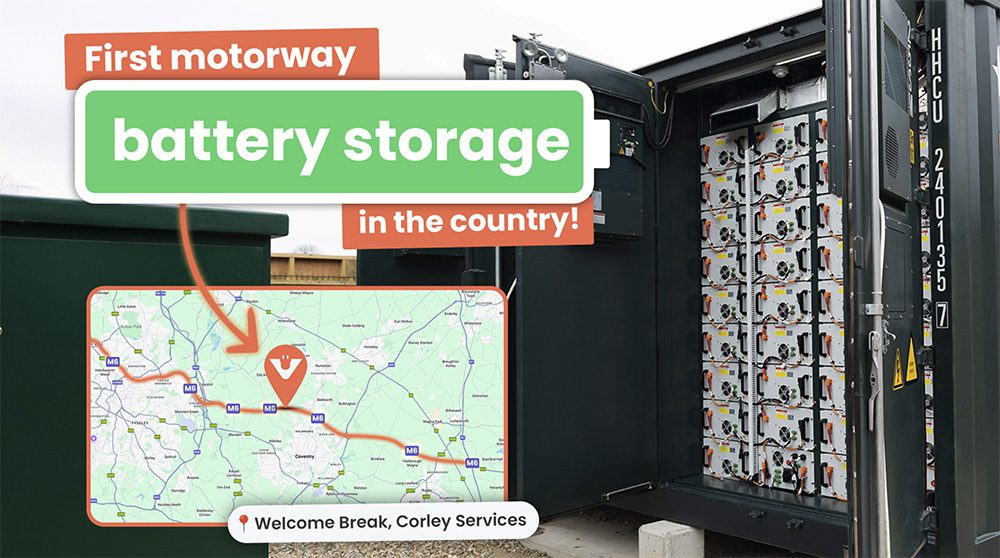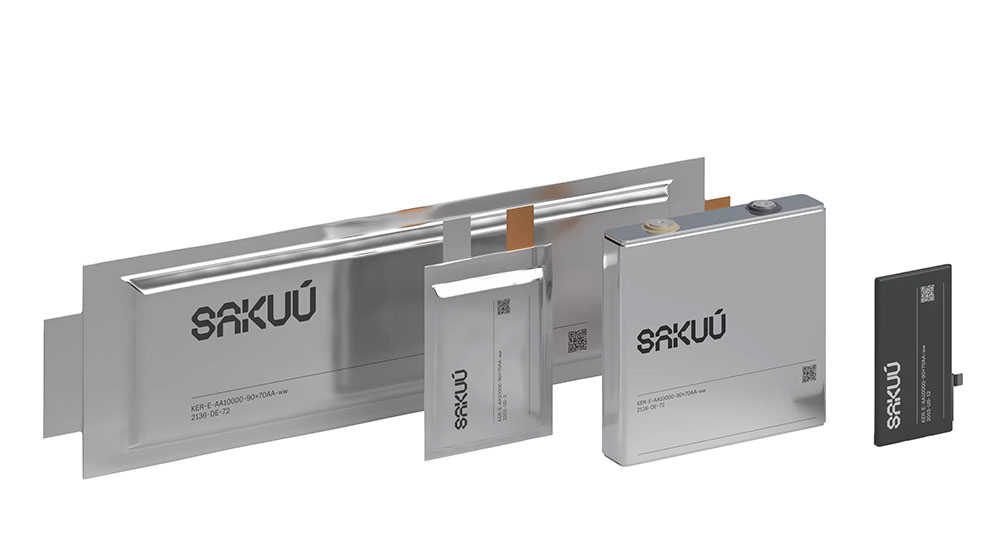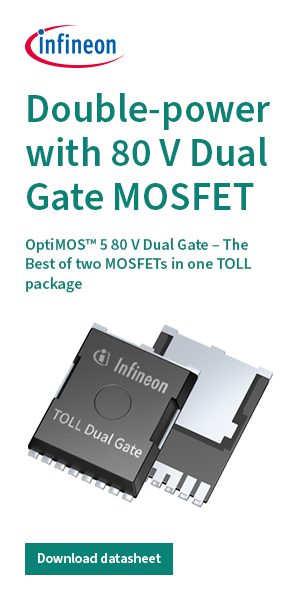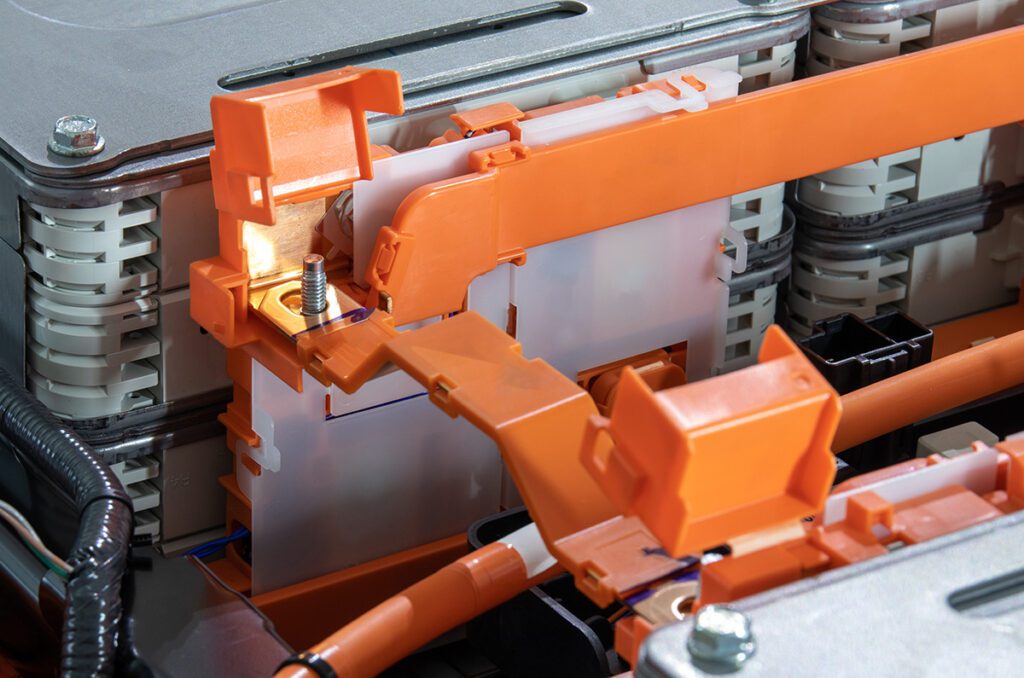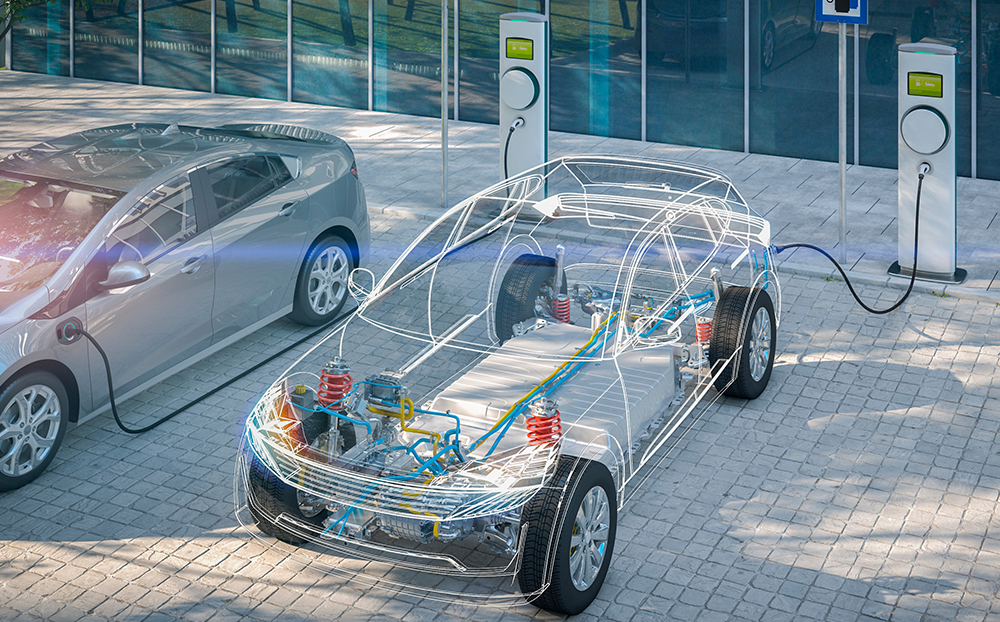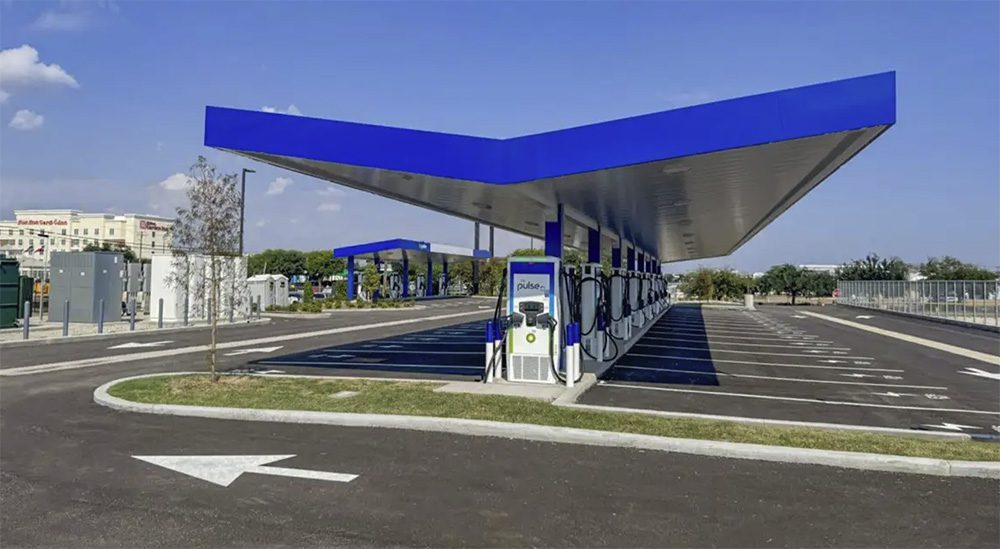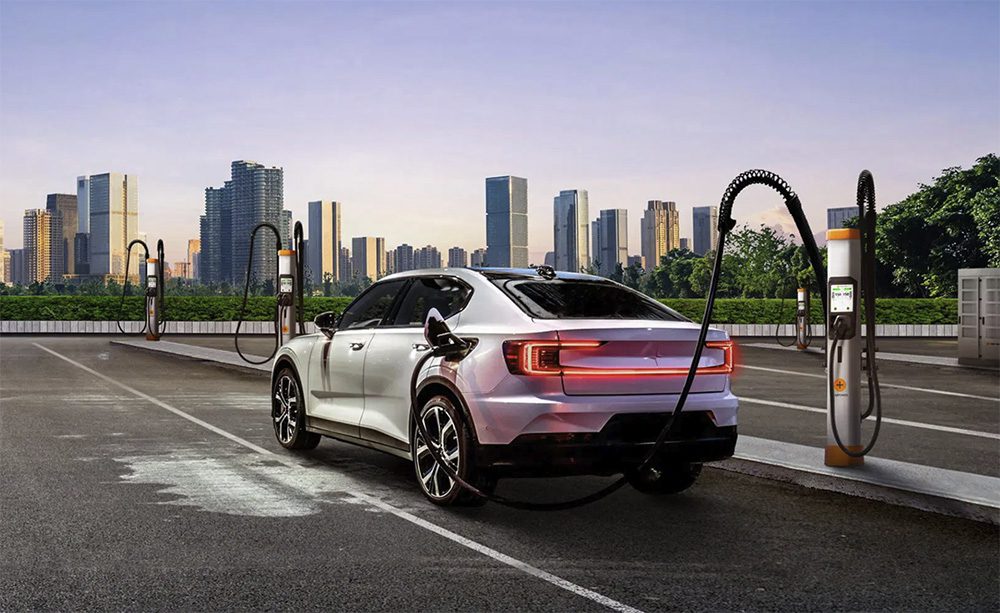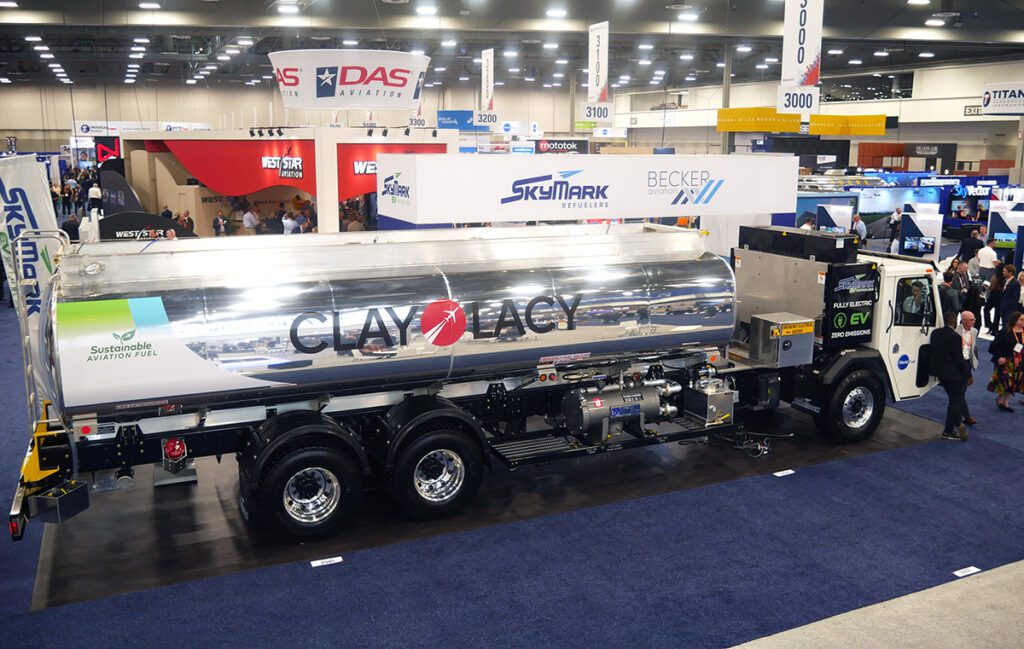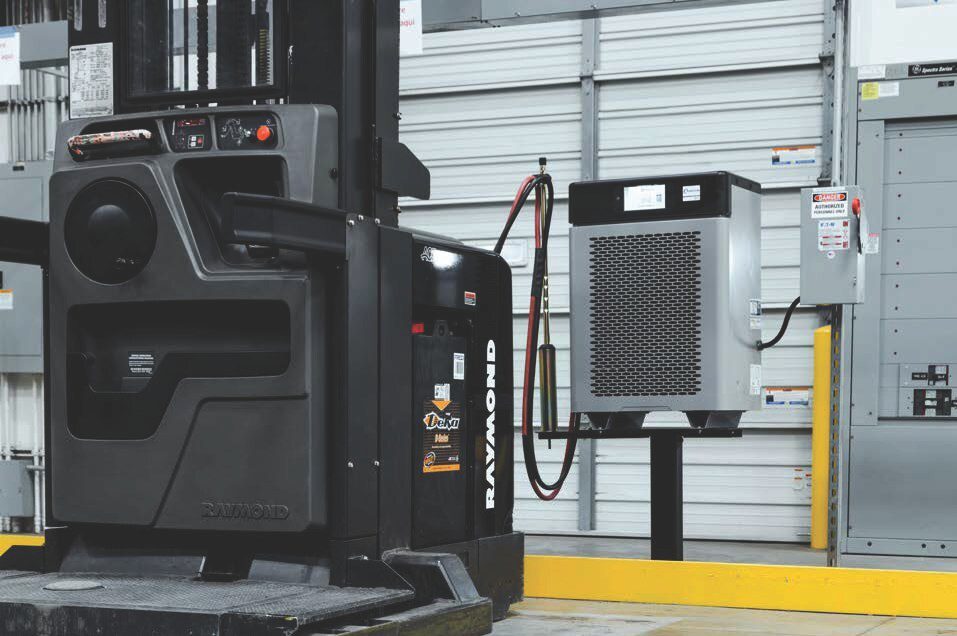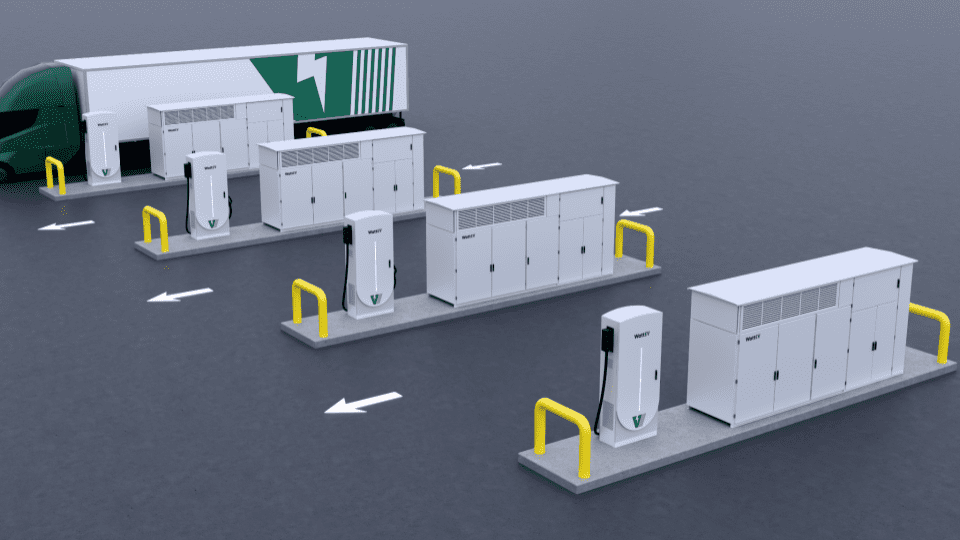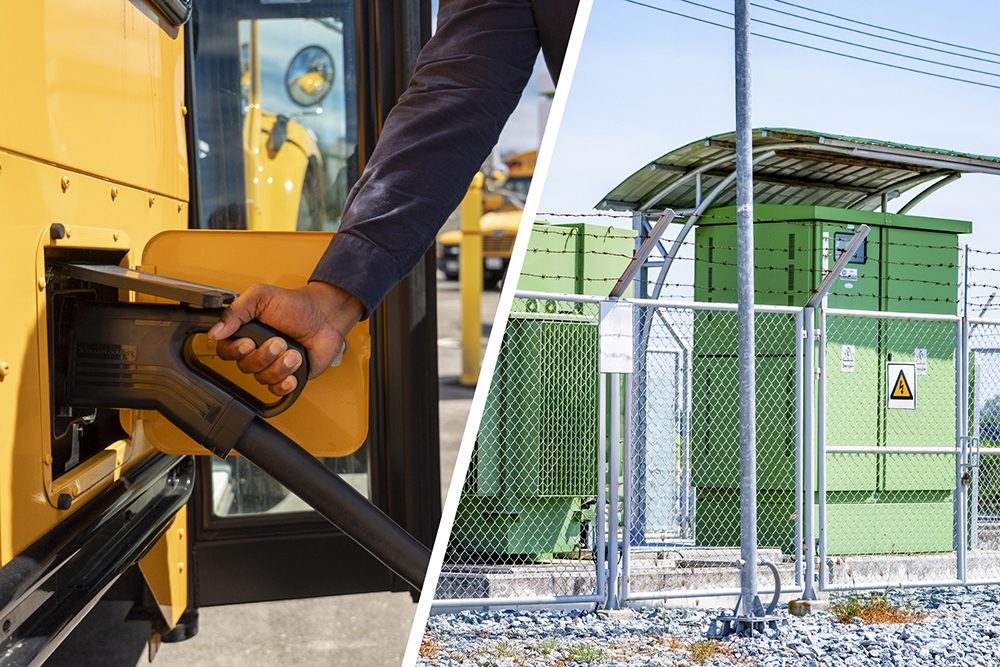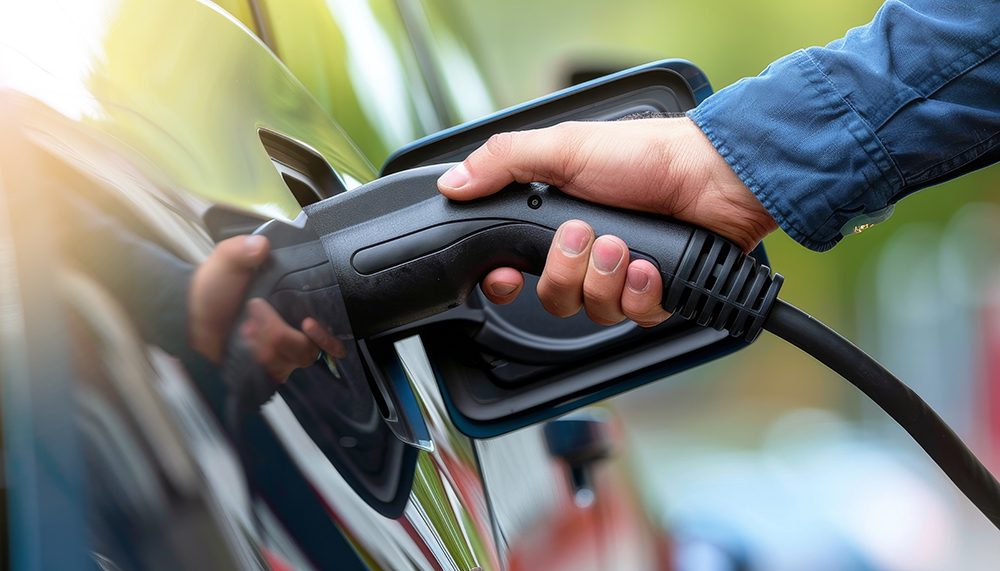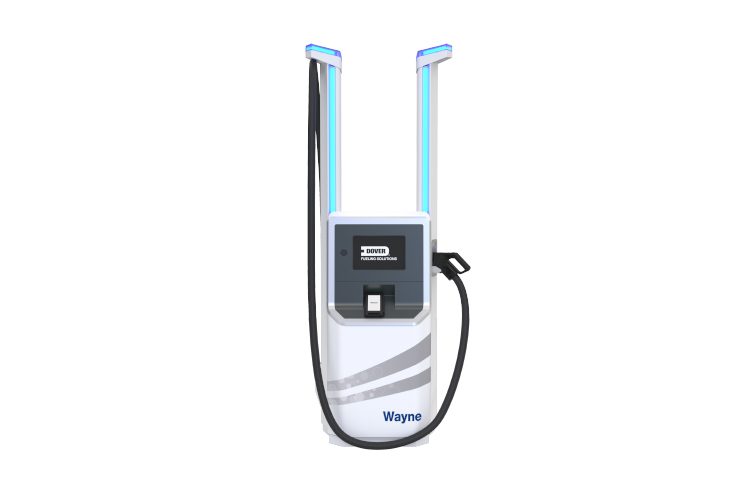Toshiba Electronic Devices & Storage Corporation has announced a new line of high-speed, two-channel standard digital isolators aimed at automotive applications. The DCM32xx00 series comprises four distinct devices featuring high common-mode transient immunity (CMTI) of 100 kV/μs (typical) and maximum data transmission rates of 50 Mbps, supporting stable isolation and high-speed control communications. These devices meet the AEC-Q100 automotive reliability standard and began shipping recently.
The series utilizes Toshiba’s proprietary magnetic-coupling isolated transmission method, achieving the notable CMTI rating of 100 kV/μs. High CMTI enables effective resistance to electrical noise between input and output signals, ensuring stable, distortion-minimized data transmission at high speeds. A low pulse-width distortion of 0.8 ns (typical) further supports precise signal integrity.
Targeted for use in automotive battery-management systems (BMS), on-board chargers (OBC) and inverter control applications, these isolators provide secure multi-channel communications and stable electrical isolation essential for reliable EV and hybrid-vehicle electronics. Additionally, the products suit I/O interface applications employing Controller Area Network (CAN) communication protocols.
Toshiba’s new two-channel products complement its existing portfolio of four-channel automotive digital isolators, offering compact SOIC8-N packages to accommodate varying automotive system configurations. Toshiba plans to expand further into differing channel counts and package options tailored to automotive and industrial equipment.
“Going forward, the company will expand its range of channels and packages for automotive and industrial equipment,” said Toshiba.
Detailed specifications list a typical CMTI of 100 kV/μs under test conditions of 4.5 V to 5.5 V (VDD1=VDD2), common mode voltage (VCM) of 1500 V and operating temperatures from -40°C to 125°C. Data rates up to 50 Mbps and pulse-width distortion as low as 0.8 ns (typical) are validated under identical voltage and temperature conditions.
Source: Toshiba Electronic Devices & Storage Corporation
Topics: Toshiba Electronic Devices & Storage Corporation, Power Electronics

